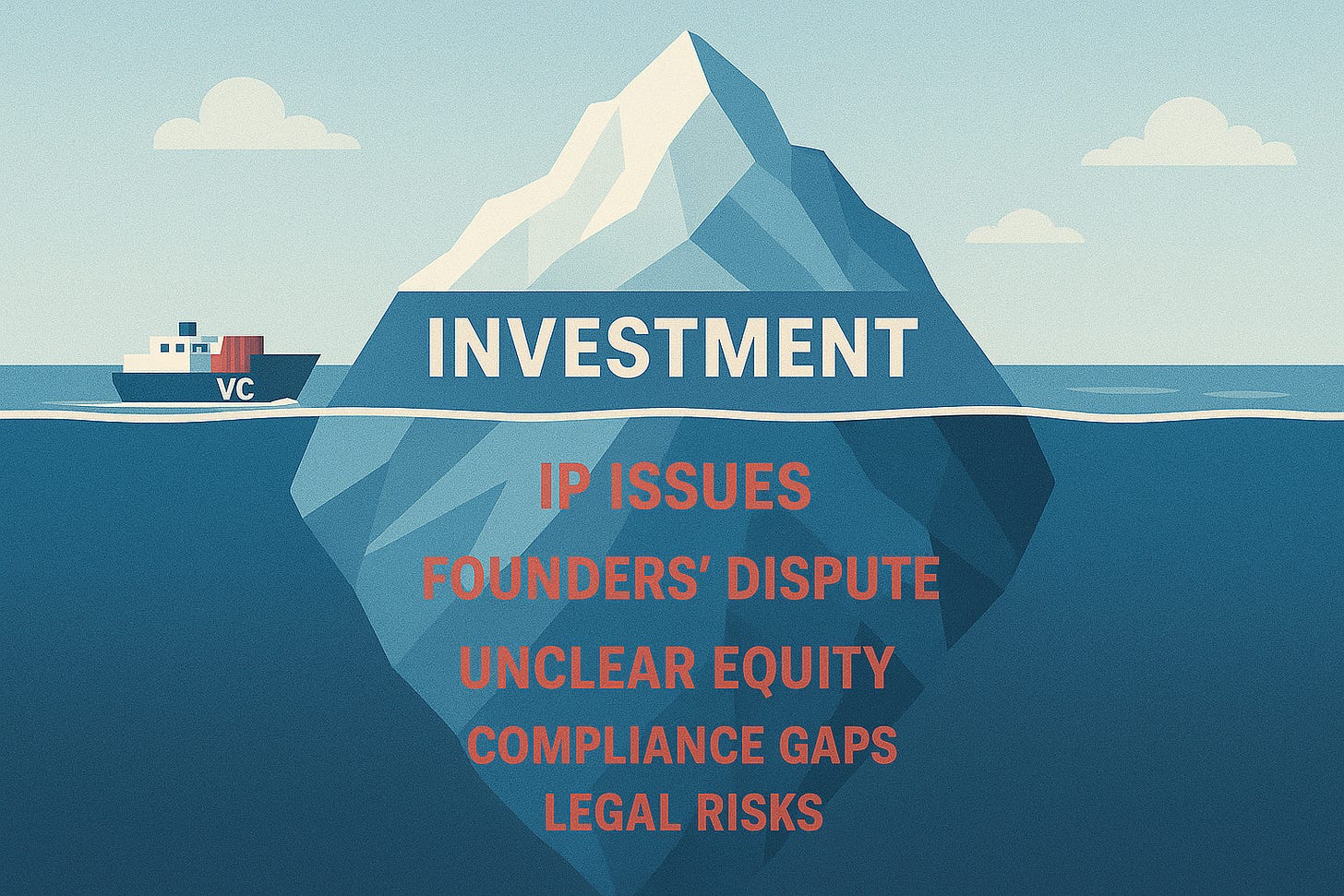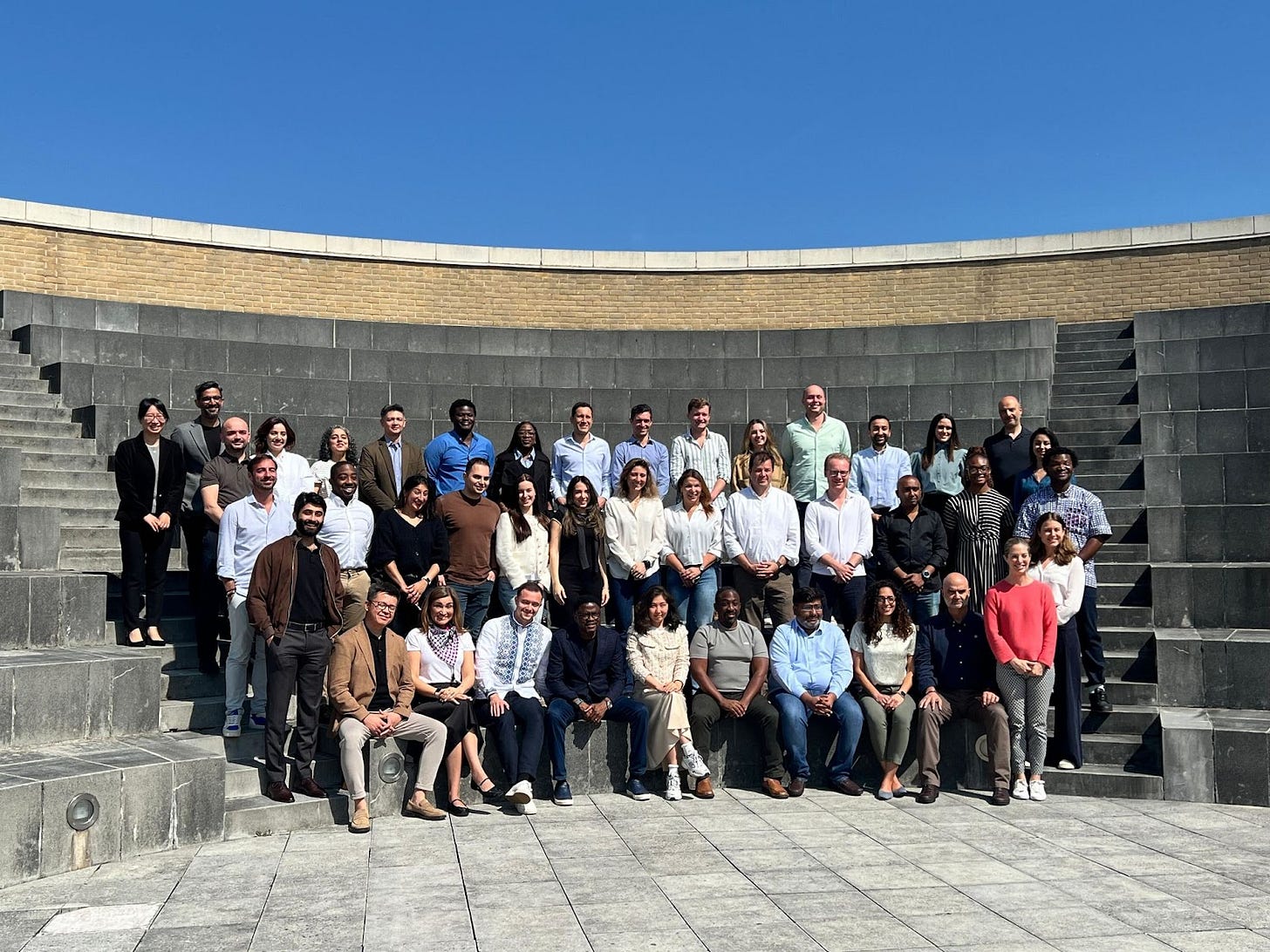How to Avoid an Investment Blunder
Investing smartly & safely
Welcome to the latest edition of The Ascent, presented by AVV. Coming to you from Ho Chi Minh City, this is your front-row seat to how the next-generation market of Vietnam is building global winners, one startup at a time.
Founders, are you building a Vietnam-rooted, global startup? Tell us your story by replying to this email or leaving a comment. Other readers - forward this to a founder who should be on our radar.
Let’s get into our Spotlight for the month: two scandals rocking Vietnam’s investment space.
The Alterno and EQuest sagas
Two ongoing conflicts, one involving a prominent tech startup and the other a PE-backed education company, are bringing plenty of unwanted attention to the potential risks of investing in Vietnam. Let’s begin with the startup.
In early May, Kent Nguyen began publishing a series of blog posts that started innocently enough by describing the sand battery tech he helped bring to Alterno, the Vietnamese climate tech startup backed by Antler and The Radical Fund, among others. The series took a turn by the middle of the month, when Nguyen began detailing allegations that his two co-founders had conspired to push him out of the company and sell his founder shares while promising a role as Chief Scientific Officer that never materialized.
Alterno’s other founders rejected the accusations in June, but the highly public dispute has continued to garner major coverage. Tech writer Kristie Neo published a newsletter on the topic, and Tech in Asia published a prominent feature titled ‘Inside the founders’ feud tearing Alterno apart.’
The details of this dispute are not settled, while according to Nguyen’s most recent blog, the founders were going to court in Ho Chi Minh City on July 31.
Elsewhere, the KKR-backed education company EQuest recently filed a criminal report against Pham Bich Nga, the founder of Ngoi Sao Vietnam, a K-12 school network based in Hanoi. EQuest paid US$38 million for an 80% stake in Ngoi Sao in 2021, when the latter had one school operating and another planned.
According to DealStreetAsia, EQuest then accused Nga of siphoning money from the company account and removed her from direct management. In late 2023, she then unilaterally terminated the partnership with EQuest and refused to transfer the second school to the investor.
EQuest is now pursuing the criminal proceedings route since civil courts in Vietnam can take years to conclude.
Though these cases have significant differences in terms of the size of the businesses involved and the investment structures they pursued, they provide critical warnings to firms considering investment in Vietnam.
Here are several crucial ways we think investors can mitigate fraud and conflict risks:
Verify that key assets like IP, revenue, and contracts are actually or effectively controlled by a parent company.
Ensure land, licenses, and leases are transferred before the cash.
Don’t rationalize red flags. If missing audits, seeing strange cap table behavior, or experiencing evasiveness makes you feel like something is off, then dig deeper.
Work closely with experienced investors who understand both local legal nuances and cultural signals.
Avoid deferred transfers and tie payouts to verifiable goals.
Investment risks can't be eliminated, but we believe smart risk mitigation is essential to protect investors and those they serve.
Vietnam Tech in the News
AI Hay’s ChatGPT competitor
AI Hay recently raised a US$10 million series A round, one of the larger recent deals in the tech space here. AI Hay is an AI-driven knowledge discovery platform, with CEO Duc Tran telling Tech In Asia that the startup’s platform outperforms ChatGPT when it comes to hyper-specific Vietnamese topics such as the recent administrative restructuring.
More semiconductor facilities on the way
Coherent Corporation, the American semiconductor manufacturer, opened a US$127 million plant in Dong Nai Province on July 28, a move hailed by Vietnamese leaders as further proof of the country moving up the industrial value chain. A Vietnamese developer, meanwhile, broke ground on a US$69 million semiconductor packaging facility in Da Nang. The plant is expected to open by the end of 2026.
CMC goes hyperscale
CMC Corporation will build a US$250 million hyperscale data center, meaning massive scalability, high efficiency, and robust performance, in the Saigon Hi-Tech Park, located in Ho Chi Minh City. Construction will begin next year, with the facility pitched as a draw for major foreign and domestic tech/AI companies reliant on such centers for future investments. Announcements in domestic media said the center will be powered by renewable energy.
AVV in Action
Our principal, Adrian, joined the IFC Venture Finance Programme hosted at the Oxford Said Business School in the United Kingdom. This brought together a cohort of emerging market, early-stage investors in IFC’s Startup Catalyst program to build connections, meet LPs investing in early-stage VCs, and discuss advanced topics in VC.
AVV became a member of the NVIDIA Inception VC Alliance, giving our portfolio companies access to benefits including the Deep Learning Institute, NVIDIA hardware and software discounts, tech scrums, and more.
What we’re reading:
Sovereign Fund GIC Uses AI ‘Devil’s Advocate’ for Dealmaking
The surprise winner in the U.S.-China tech war? Vietnam’s chip industry
See you next month!
The AVV team




